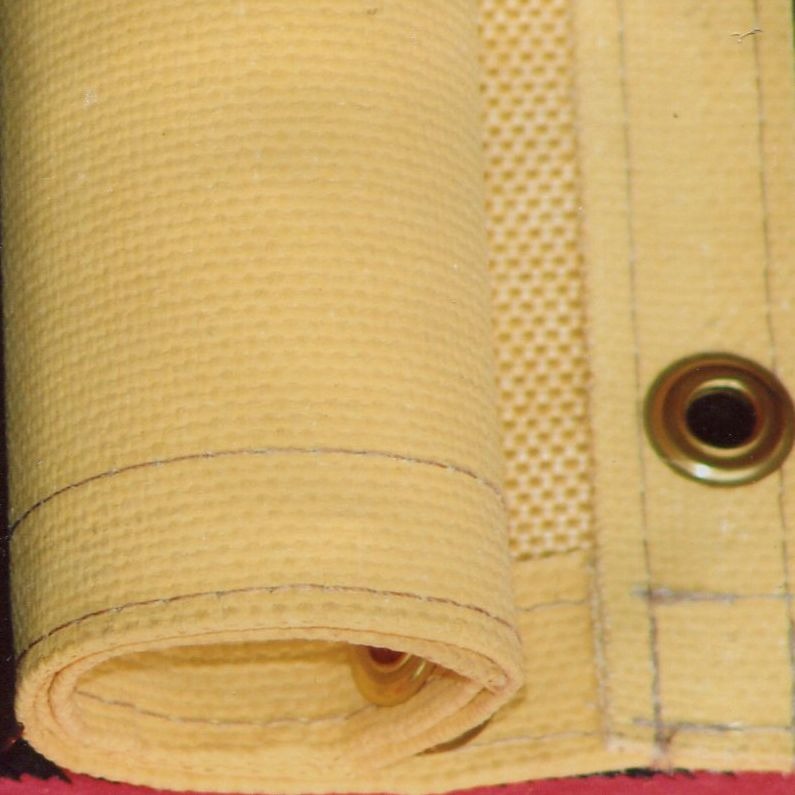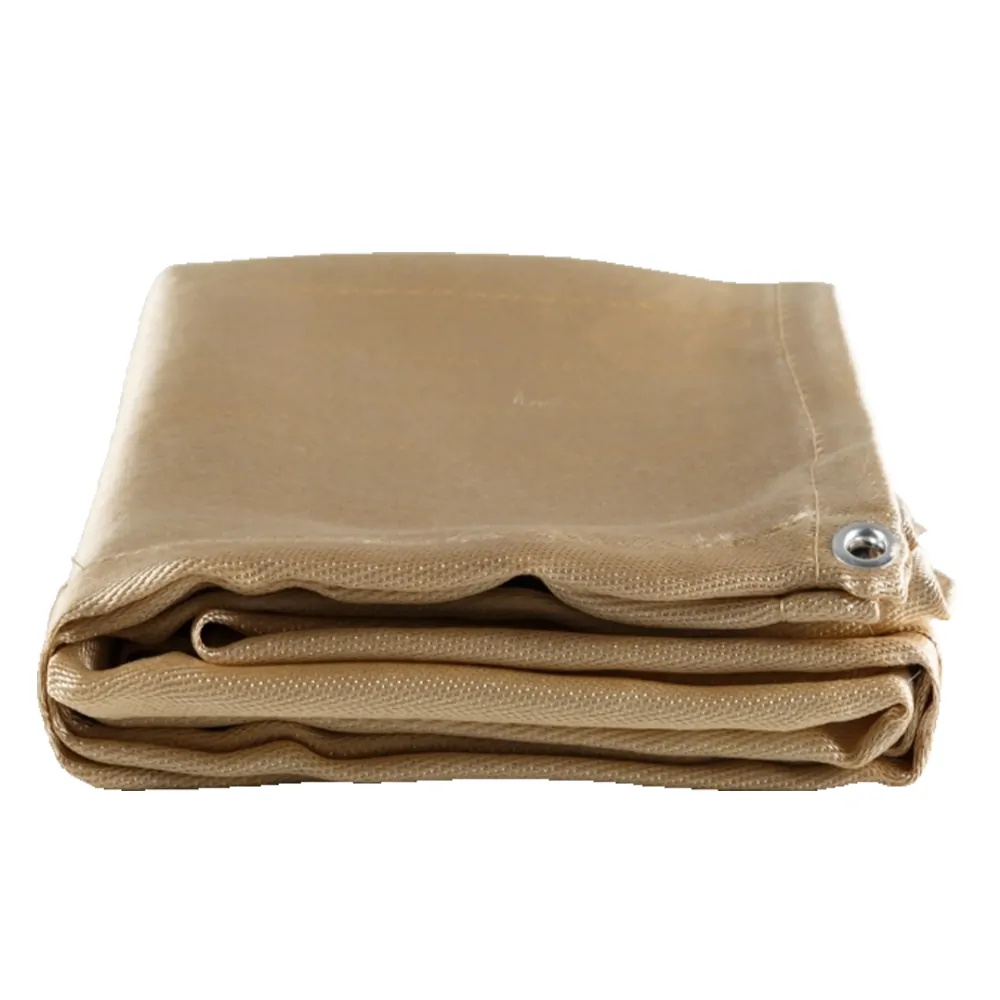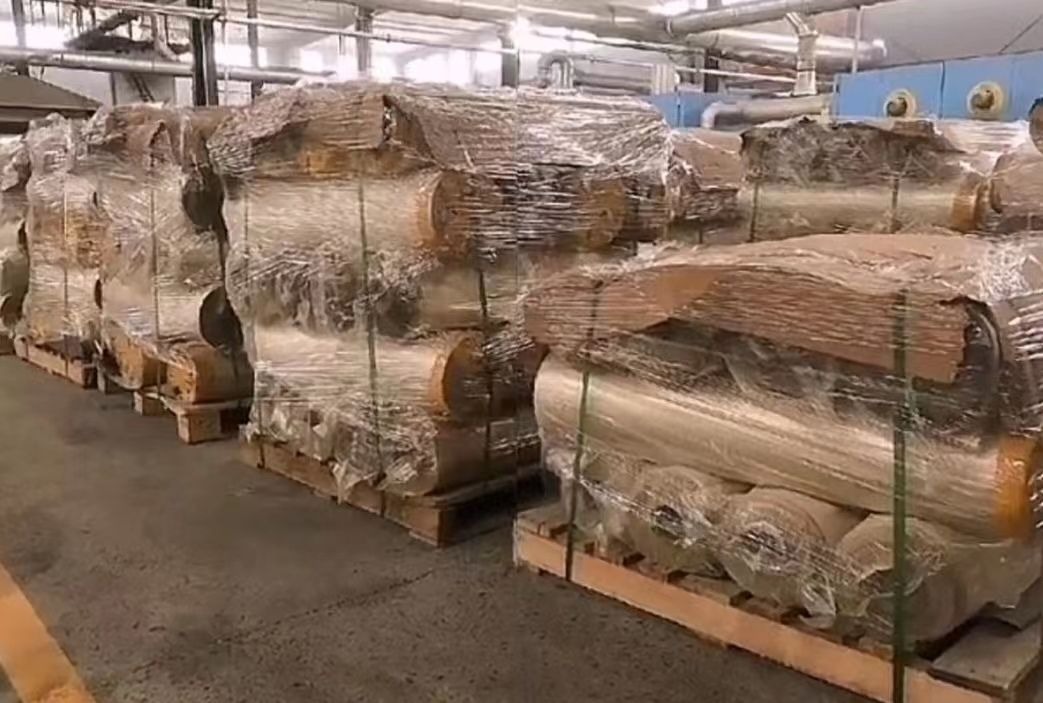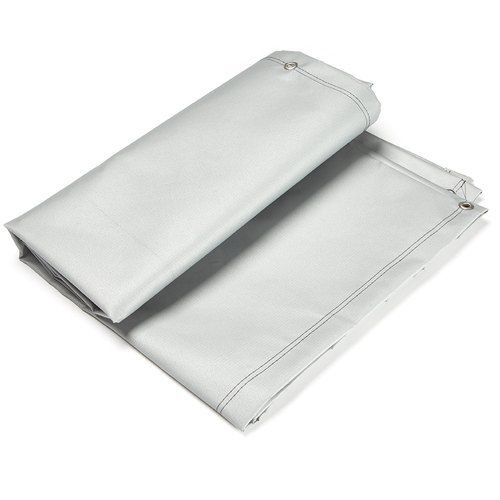How Fire Blanket Valves Enhance Safety in Emergency Situations
Fire blanket valves are crucial components that control fire blanket deployment. This guide explains their function, types, proper usage, and maintenance to ensure optimal fire safety in homes and workplaces.
What Is a Fire Blanket Valve?
When you need to smother small fires quickly, fire blankets are essential safety tools. The fire blanket valve is the mechanism that keeps your blanket securely stored yet instantly accessible during emergencies. It's designed to release the blanket with minimal effort while preventing accidental deployment.
Modern fire blanket valves typically consist of:
- A quick-release mechanism
- Durable housing to protect the blanket
- Clear instructions for emergency use
- Inspection indicators
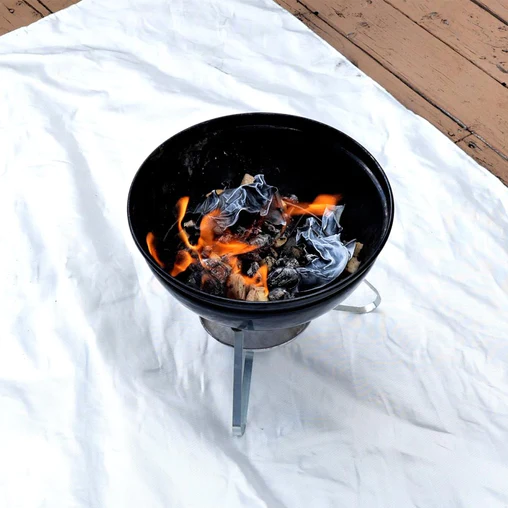
Types of Fire Blanket Valves
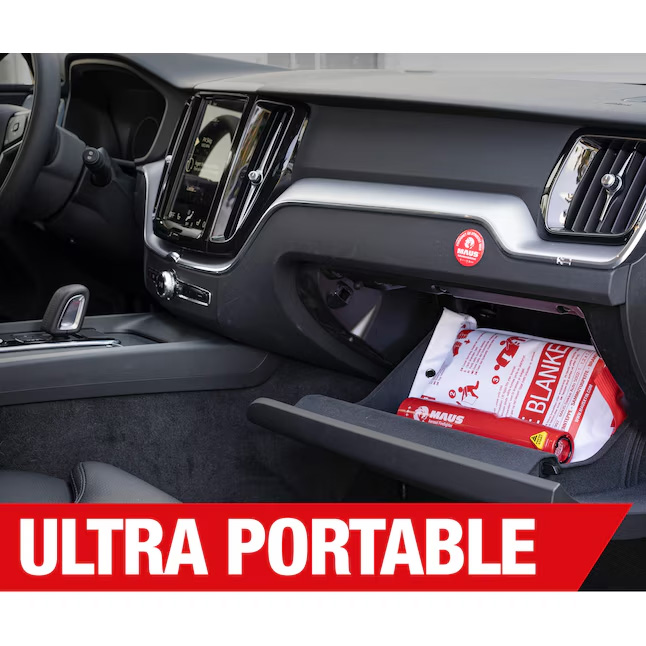
Understanding different valve types helps you choose the right one for your needs:
Pull-tab valves:The most common type, featuring a clearly marked tab you pull to release the blanket. These are ideal for home kitchens and small offices.
Twist-release valves:Require a quarter-turn motion to deploy. These are often used in industrial settings where accidental activation might occur.
Break-glass valves:Used in high-risk areas, these require breaking a glass cover to access the blanket, preventing tampering.
Proper Usage of Fire Blanket Valves
When facing a small fire, follow these steps to use your fire blanket valve correctly:
- Approach the fire cautiously from upwind
- Grip the valve's release mechanism firmly
- Pull or twist as indicated to release the blanket
- Hold the blanket by its protective corners
- Place it gently over the flames to smother them
Remember: Never wrap the blanket around your hands, and always call emergency services after deployment.
Maintenance and Inspection
Your fire blanket valve requires regular checks to ensure proper function:
- Inspect monthly for visible damage
- Test the release mechanism annually (without deploying the blanket)
- Check expiration dates - most blankets last 5-7 years
- Ensure the valve area remains unobstructed
Look for these warning signs that your fire blanket valve needs replacement:
- Stiff or sticky release mechanism
- Corrosion around the valve
- Frayed pull tabs
- Discolored or damaged blanket material
Choosing the Right Fire Blanket Valve
Consider these factors when selecting a fire blanket valve system:
Environment:Industrial settings need more durable valves than residential kitchens.
User capability:Ensure all potential users can operate the valve type you choose.
Mounting options:Wall-mounted valves are common, but some models fit in cabinets.
Certifications:Look for valves meeting UL or EN safety standards.
Advanced Valve Technologies
Recent innovations in fire blanket valves include:
Smart valves:Some models now connect to building alarm systems, automatically alerting authorities when deployed.
Training valves:Allow practice deployments without wasting blankets.
Multi-use valves:Enable blanket replacement after use without replacing the entire unit.
Common Mistakes to Avoid
Maximize your fire blanket valve's effectiveness by avoiding these errors:
- Storing blankets near heat sources that could damage the valve
- Blocking access to the valve with objects
- Ignoring manufacturer's replacement guidelines
- Attempting to repair damaged valves instead of replacing them
By understanding and properly maintaining your fire blanket valve, you ensure this critical safety device works when needed most. Regular inspections and proper usage training can make the difference between a contained incident and a devastating fire.


